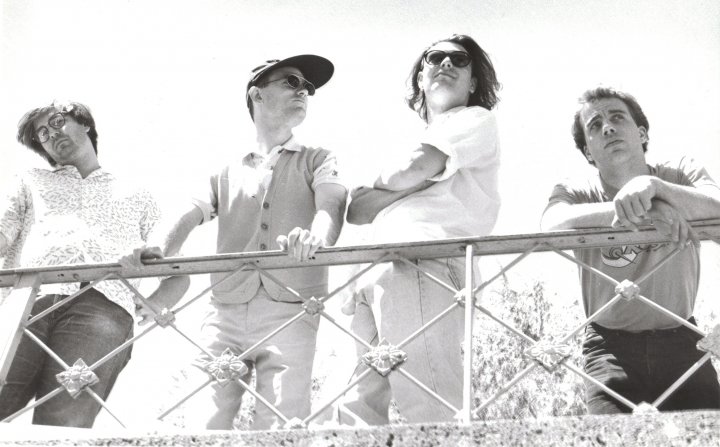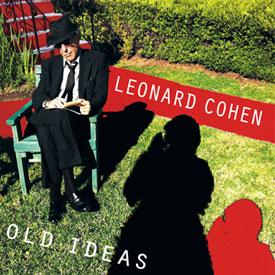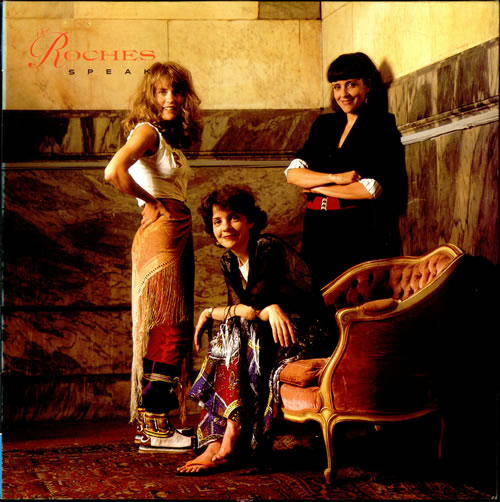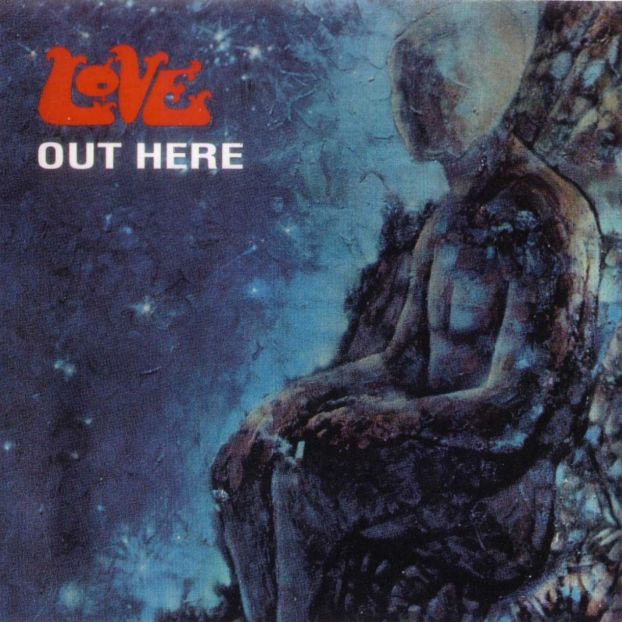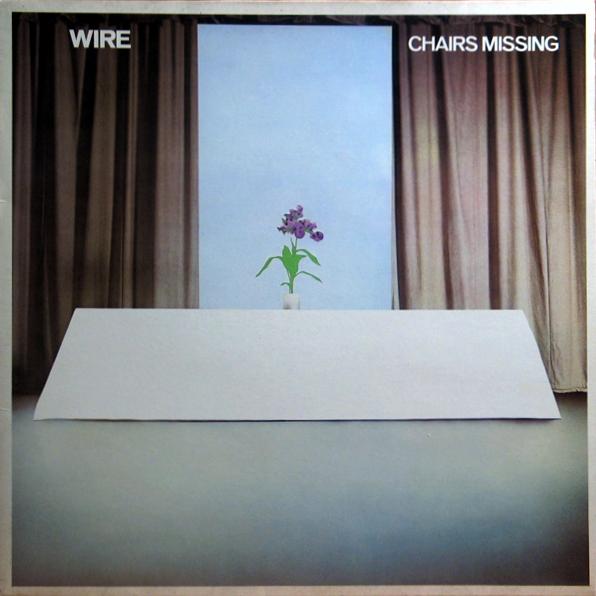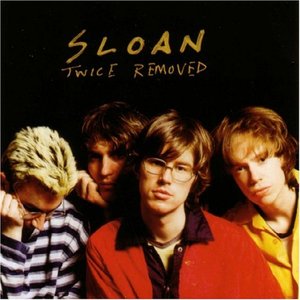Formed in Boston in 1985, from ex-members of Volcano Suns and The Embarrassment, Big Dipper played indie rock that focused on the sudden application of tonal opposites. They were able to rattle off churning squalls of guitars which might quickly lead into angelic vocal harmonies amid a Beach Boys-esque sense of pop production and back again before the song ran its course. They operated under a kind of musical ADD—though they never strayed too far from the kind of lo-fi indie rock which became the hallmark of their records. From their debut mini-album Boo-Boo and follow-up LP Craps on Homestead Records to their final album Slam (with all three original members) on Epic Records, the band never lost that sense of reckless creativity. Even during the transition from indie label Homestead to mainstream stalwart Epic, the band was just as likely to reference Robert Pollard as they were to use the multi-faceted approach to pop that artists like The Beatles and Brian Wilson so carefully cultivated.
But after 22-odd years, Big Dipper reunited to release Big Dipper Crashes on the Platinum Planet, which came out in November of last year via Almost Ready Records. And if the band’s allegiance to the late 80’s/early 90’s indie rock pantheon wasn’t nailed down enough for you, they’ve went and had Guided By Voices conjurer Robert Pollard take care of the album’s cover art for them. Taking time from their schedules, Bill Goffrier and Gary Waleik from Big Dipper recently wrote about some of the albums which have had a lasting impression on them and their music for our On Deck feature. From The Mekons and The Nitty Gritty Dirt Band to Nanci Griffith and The Flaming Lips, Goffrier and Waleik’s choices are as curiously dissimilar as you might expect. Enjoy their choices below in our latest installment of On Deck.
Bill Goffrier:
Cohen’s latest album is often in the bedside CD player these days. Admittedly, I was very late to the Leonard Cohen party. When I heard John Cale perform “Hallelujah” in the ’80s I thought it was his own tune! I finally got the message loud and clear when the London 2008 concert film was released. My inventory is steadily growing toward gathering all his recorded works. Though it’s not my favorite of his albums, Old Ideas carries forth the rich lyric and deadpan humor. Granted, he doesn’t carry much of a tune anymore. Leonard is old. I am happy to have just the implication of melody, buoyed by beautiful vocal arrangements, as on the opening track “Going Home”.
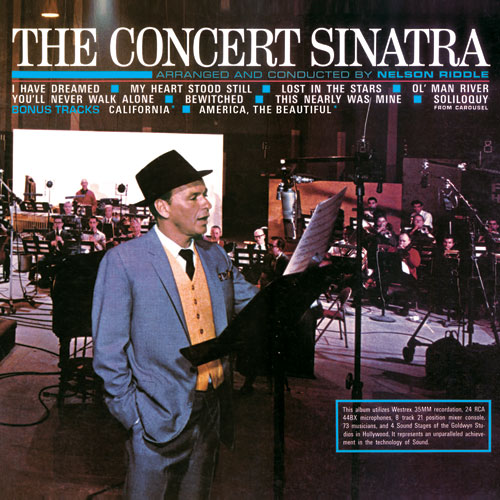
Frank Sinatra – The Concert Sinatra
My dad sang like Sinatra. I inherited mom’s voice. As a lonely bachelor I fantasized that I had “The Voice” and the swagger, but while singing along with Frank I learned the Great American Songbook and how to tell a Gershwin tune from a Rogers and Hart, Hammerstein, or Who-ever. This album showcases Old Blue Eyes’ favorite show tunes, and reminds me that he had great admiration for songwriters. “Lost in the Stars” is one I convinced the Dipper to use as a pre-set intro in the clubs. Stars and Big Dipper, get it? No one could do it the way he did, but kudos to anyone who at least tries to share good songs. FS presented beautiful songs in their best light and educated his audience while uplifting them.
Dipper bassist Steve Michener introduced me to Roches music via the video for “Big Nuthin’” while working on our Slam album. I thought they were darn cute, but what charmed me was their sense of melody, humor, and sisterly harmony. Their songs influenced mine in the 1990s, when songwriting was a quiet hobby. As I simultaneously absorbed their back and forward catalogue, I kept lying down with this album like a favorite pillow. It never bothered me that the album relied on “cheesy” instrument sounds. I had spent years in my art studio painting to the cheesiest-sounding pop oldies that AM radio could offer. They became, as advertised, the music of my life!
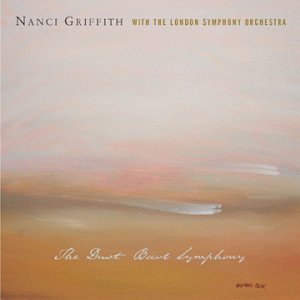
Nanci Griffith – Dust Bowl Symphony
As with the Roches, Nanci’s catalogue filled a healthy portion of my 1990s shelf space after a song from her Storms album became stuck in my head. The more songs I digested, the more I respected her craftsmanship and emotional weight. With each album, her wisdom and grace shone. Her many cover songs comprised, for me, classes in modern history of the folk song. The Dust Bowl album gives her audience a chance to hear earlier classics such as “Trouble in the Fields” given the added gravitas of the London Symphony Orchestra. Though I love to test the integrity of a song by presenting it with a voice and handful of strings, I am sucker for a well-arranged orchestration.
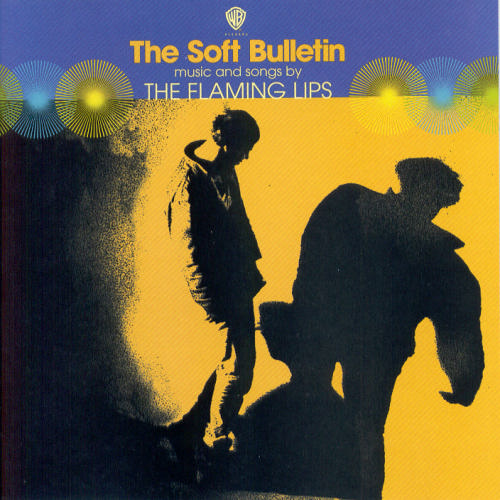
The Flaming Lips – The Soft Bulletin
During Big Dipper’s extended hiatus, our Gary Waleik convinced me (via cdrs) that the Lips had songs. POP songs. FUNNY and gorgeous pop songs. What’s not to love about “The Spiderbite Song”? When I read their biography and realized they had Midwestern roots about as old as my own, I felt a kinship. I sense that Wayne Coyne’s Okie environs motivated him the way my friends and I were motivated by the isolation of Wichita to form The Embarrassment during the ’70s. I am surprised we didn’t meet 35 years ago in front of Tulsa’s Cain’s Ballroom when the Sex Pistols skidded into town.
Gary Waleik:
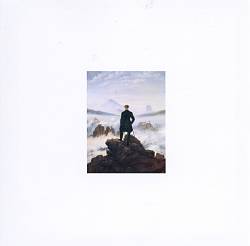
The Mekons – Devils, Rats and Piggies
It’s sometime said that if you love something right off the bat (a book, a movie, a food, a potential spouse), chances are the thrill will not last long. I didn’t love this record on the first couple of listens. But I liked it quite a bit…for about 33 years! Now I absolutely love it, especially the songs Snow and Chopper Squad, and I can’t quite explain what took me so long. One of the special things about this record is that it’s beautifully recorded yet somehow breaks down the barriers between band and listener.
Forever Changes is my favorite album by Love. But one of the unexpected pleasures of Out Here is how it underscores something that was and still is so horribly wrong with hippie musical culture: the extended jam. More than half of this two disc album consists of meandering guitar and drum solos. According to front man and principal song writer Arthur Lee, supporting band members Jay Donnellan, Frank Fayad and George Suranovich despised Forever Changes and pressed for more blues numbers. How innovative. But the remaining 50% or so of the record is brilliant, Arthurly idiosyncratic and fairly unknown to many Love devotees.

Nitty Gritty Dirt Band – Will The Circle Be Unbroken
I’m generally not a big Bluegrass or C+W guy, but this album fascinates me. It was a three album set originally (now two CDs, or a 42-song download), and it featured the NGDB playing unrehearsed and totally off-the-cuff standards with Bluegrass legends Merle Travis, Earl Scruggs, Mother Maybelle Carter, Roy Acuff, Doc Watson and others. The really great thing about the record, though, is the between-song banter, which includes an old, stodgy Roy Acuff lecturing them long-haired fellers on how it’s done. Priceless.
Chairs Missing strikes the perfect balance between traditional songwriting (Outdoor Miner, I Am the Fly, Sand In My Joints), and Avant-garde approach (I Feel Mysterious Today, From the Nursery) without compromising either. If only it were that easy for all bands…
I’ve heard that Sloan didn’t like the way this record turned out because producer Jim Rondinelli slowed the band down, thus stripping away the songs’ live feel. Having heard them play all of the songs on this record live, I can understand that reasoning. But every song on this record is a gem, and the performances, slow or not, are inspired. As a collection of songs, it’s an outstanding pre-iTunes example of how the very best bands always have at least one great album in them.
Head over to Almost Ready Records to pick up a copy of Big Dipper Crashes on the Platinum Planet.

